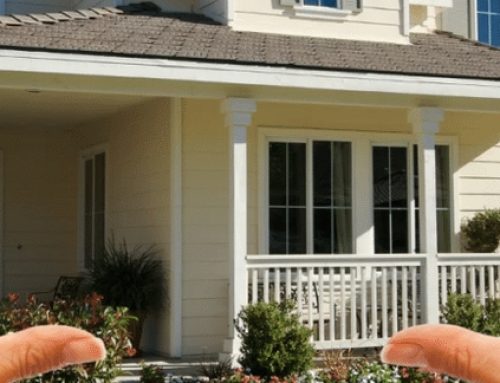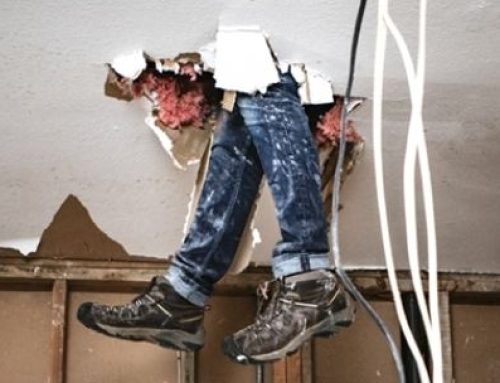It may not come as any surprise when I say that the property market is a highly competitive and cut-throat business. Couple that competition with a large financial reward, and you’ve got yourself the perfect recipe for deception, dishonesty, and just down-right dodginess.
This is where the real estate agent comes in. Just to clarify, it’s not our intention to vilify every real estate agent in the business. We know that the majority out there are doing a bang-up job, but this article is not about those fine individuals. This article is about the money-hungry, insincere, and unprofessional fraudsters who are more than happy to deceive the vendor and the public in order to make a profit.
Under-quoting is a seriously unethical method used by some agents for the purpose of securing a higher final offer on a sale property.
What is under-quoting exactly?
Essentially, underquoting is when a real estate agent intentionally advertises the price of a property for less than the buyer would be willing to accept for it. This, in turn, is expected to heighten interest in the property and attract a larger number of potential buyers.
So if the estimated price of a property is around $700,000, and the real estate agent knowing this, decides to advertise or verbally communicate that the property in question has a starting price of $610,000, the agent is said to be under-quoting.
Why does it happen?
An agent is always going to want to increase the interest surrounding a given property as much as possible in order to boost the price come auction day or slowly over the duration of the selling period. By under-quoting the true value of a property, the real estate agent is going to be able to bring about more interest and subsequently increase the competition from potential buyers.
What’s the issue?
The clear and obvious problem with this is that the practice of real estate underquoting is highly unethical. Firstly, since the agent is knowingly going against the price that the homeowner has agreed to accept for their property, they are actively betraying their trust and misleading them through their services.
Secondly, due to the agent actively giving out false information to the public regarding the genuine price of the vendor’s property, many buyers will naturally be anticipating this projected price to be fully accurate. This then leads to immense disappointment and discouragement when these buyers are crushed by those in a far better financial position. If you expect a house is accurately estimated at a certain price, can’t afford to go too far over that price, and are then easily beaten on that price, you’ve essentially been used as a financial stepping stone in order to falsely increase the property’s value.
Given the unscrupulous nature of this practice, it’s not hard to see why underquoting might breed distrust amongst buyers toward real estate agents.

Scourge of the Industry?
Unfortunately, underquoting is not all that uncommon. A survey taken by Real Estate Business found that a whopping 50% of all agents believed underquoting to be a serious problem within the industry as a whole. And serious it is, in the state of Victoria alone, current data shows that there are real estate agents underquoting prices at 20-30%.
In a serious case of underquoting that was investigated last year, a house in the suburb of Footscray was sold for $1,000,000 more than its originally advertised price. Just let that sink in for a moment… Needless to say that the real estate agent found themselves in an especially nail-biting predicament. For advertising the previously agreed upon $1.3 million home online at “$1 million +”, the agent was consequently pursued by Victoria Consumer Affairs who undertook legal action after the home was sold for $2.11 million.
What are the consequences?
You would think that surely such a despicable action would be heavily penalised right? Well yes, it has recently been imposed that fines of up to $300,000 will be handed out for the penalty of underquoting. Quite substantial indeed, however many are not convinced that this will be enough.
The main issue with underquoting is that it is that it is notoriously difficult to prove without any paper trail or evidence suggesting the practice took place. With agents being able to remove any online pricing and offering only verbal quotes to potential buyers, the offence can become very difficult to prove. Furthermore, if an agent is able to convince a vendor that their property is estimated at a lower price than it should be from the get go, all the legal paperwork and resulting conduct is then totally legitimate and above board.
How to avoid this happening to you:
Firstly, you’ll want to know what services real estate agents are legally obligated to provide.
- Agents must give the vendor a reasonable estimate of the selling price
- Agents need to use the sales price of the 3 most comparable properties to help dictate the property’s selling price
- Agents must record any agreed upon price changes during the campaign
- Agents must







Leave A Comment